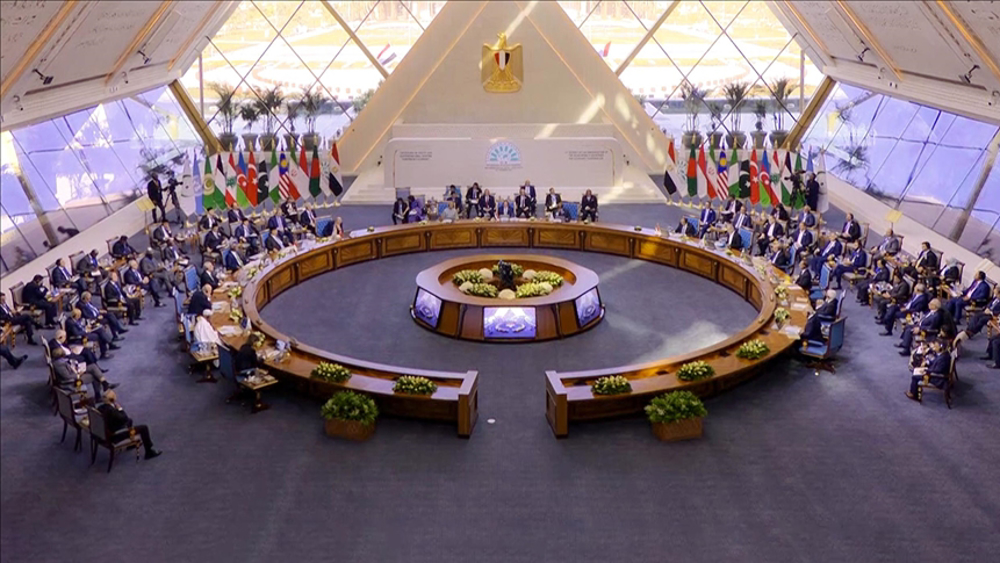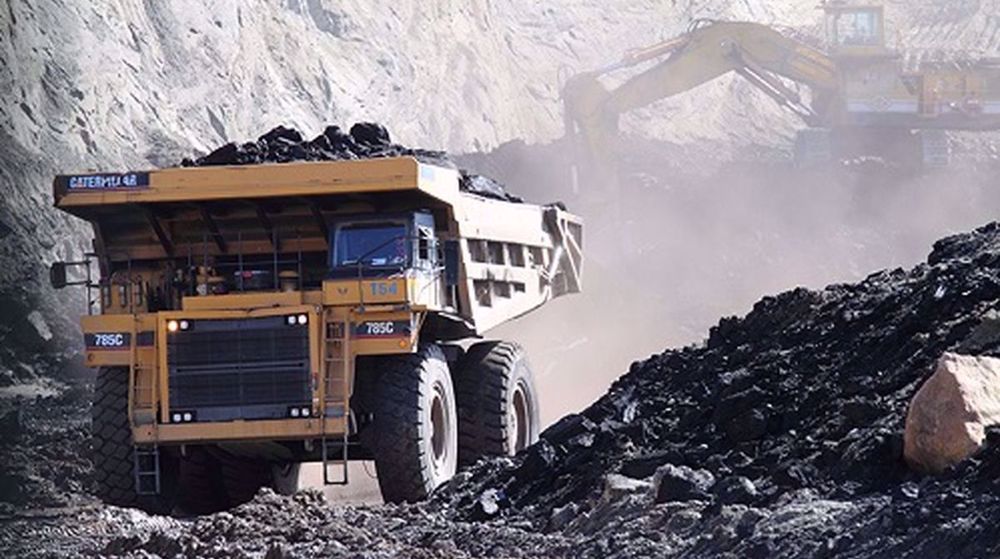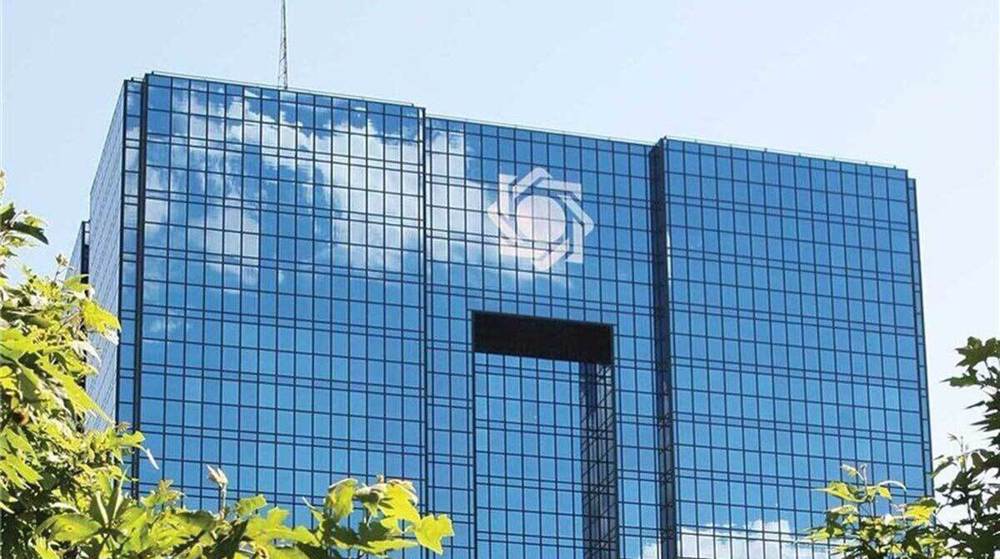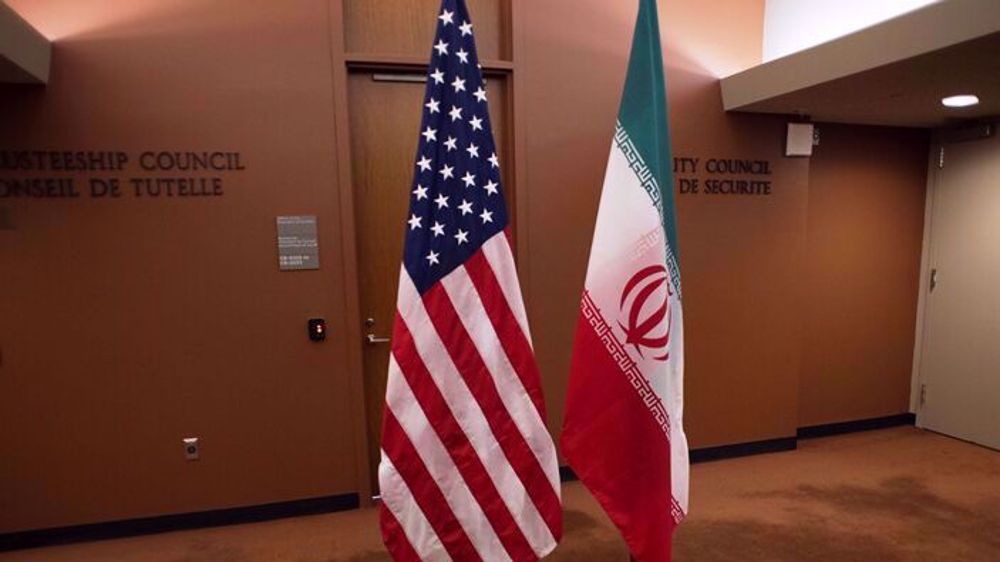D-8’s role in Iran’s economy after Cairo summit
The recent meeting of the D-8 group in Cairo was a turning point in Iran's interaction with developing countries which marked the first visit by an Iranian president to Egypt since 2013, raising hopes of a breakthrough in strained relations.
In his meetings, President Masoud Pezeshkian stressed the readiness of Iranian entrepreneurs and investors to play a role in development projects of the D8 countries.
Faced with sanctions, one of the strategies seriously on the agenda of the Iranian administrations has been emboldening the country’s role and share in regional political and economic alliances and forging new partnerships.
In recent years, Iran has been able to finalize its membership in important groups such as the Shanghai Cooperation Organization, the Eurasian Economic Union and the BRICS group of major emerging economies.
Iran’s participation in the D-8 summit was another opportunity to expand economic and diplomatic cooperation with the member countries and strengthen its global position in the face of fast-track global developments.
The Developing Eight group of countries is primed for a transformation by accepting new members and enlarging its priority areas to trade, industry, agriculture, food security, transportation and tourism.
At its 11th summit in Cairo, the group "unanimously elected" Azerbaijan as a new member, with the South Caucasian country’s president Ilham Aliyev writing to Pezeshkian to thank Iran for supporting the bid.
Other members of the group include Bangladesh, Egypt, Indonesia, Iran, Malaysia, Nigeria, Pakistan, and Turkey which make up 60% of the world's Muslims. With a population of 1.2 billion people, the bloc also accounts for about 5% of the global trade totaling $2.3 trillion.
Although the volume of trade is not desirable, seven to eight percent of it is currently conducted in national currencies, which is expected to reach 10 percent. Over trade among the group members stands at $125 billion, expected to hit $500 billion by 2030.
Taken together, they generally have significant economic potential, but face similar challenges with regard to their need for sustainable development, improving infrastructure, and dealing with economic problems.
One bright area is the promotion of trade in goods. Based on the idea, trade in goods among D-8 will expand and the need for exchange in currencies will be eliminated. This is ideal for Iran which suffers from being cut off from the international banking system SWIFT due to US pressures.
Iran offers a golden opportunity for a better exploitation of capacities available in the group. With its rich energy resources, strategic location in the heart of West Asia, and long-term experience in industry, agriculture, and technology, the country is prepped to play a key player in the alliance.
Given the group’s removal or phasing out of trade barriers and tariffs, there are new trade opportunities in D-8 countries such as Turkey, Malaysia, and Pakistan, which can lead to an increase in Iranian exports and imports.
There is also room for investment in the infrastructure, industrial, and energy sectors, which can untangle the conundrum of the foreign investments drought in Iran.
As a transit hub on the crossroads of the east and the West, Iran can help facilitate regional trade by developing joint trade corridors and creating better transportation routes.
There is also a fertile ground for cooperation in renewable energy projects where Iran can exchange knowledge and technology with D-8 countries, especially Indonesia and Malaysia. Moreover, joint energy production and transmission projects are an area for economic development and job creation.
One of the important aspects of the partnership is strengthening scientific and technological cooperation which can lead to growth and development in science and research.
Iran can cooperate with other D-8 members on new technologies, including artificial intelligence, nanotechnology, and new energy production and create new scientific and technological infrastructures within the country.
The country can also strengthen its scientific capacities and benefit from the experiences of other D-8 member countries through educational cooperation and student and researcher exchanges.
The D-8 group includes developing countries mainly outside the Western economic and political orbit. Membership in the group improves Iran’s position in international equations through strengthening relations with these countries.
It also offers a chance for Iran to demonstrate its leadership on regional and global issues such as water crises, energy security, and sustainable development.
Overall, the group provides a platform for synergy and cooperation to address economic challenges especially those resulting from unilateral sanctions and strengthen economic cooperation with non-Western countries.
VIDEO | Australians rally for Gaza ahead of Christmas festivities
VIDEO | Attacks on Sana'a
Iran reports further drop in annual inflation rate in December
Israel indicts two settlers over suspected spying for Hezbollah
Iran: US airstrikes on Yemen war crimes, violation of international law
Yemeni armed forces down F-18 fighter jet, repel US-UK attack: Spokesman
Iran warns against US-Israeli plot to weaken Muslims, dominate region
VIDEO | Public uproar in US against Israeli regime










 This makes it easy to access the Press TV website
This makes it easy to access the Press TV website